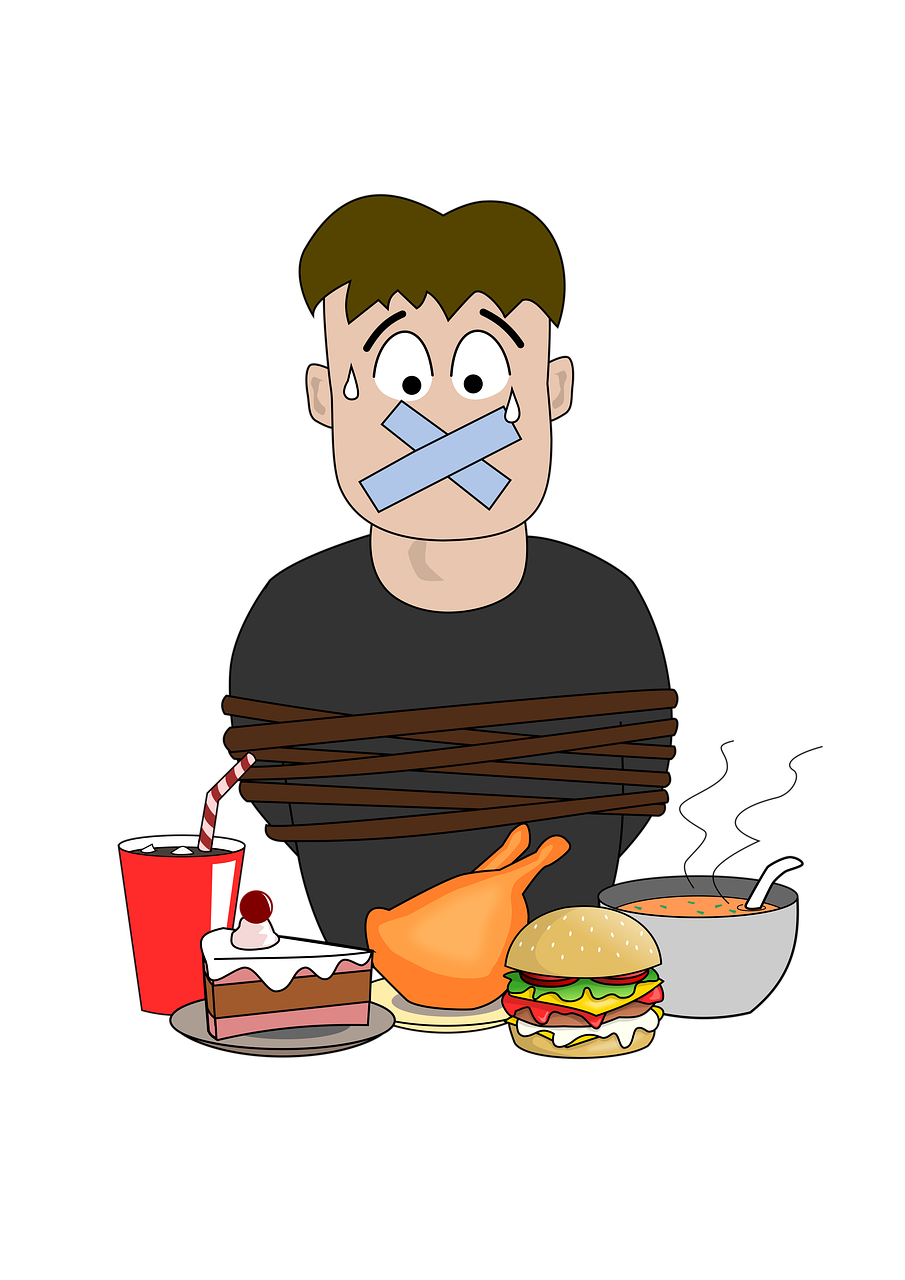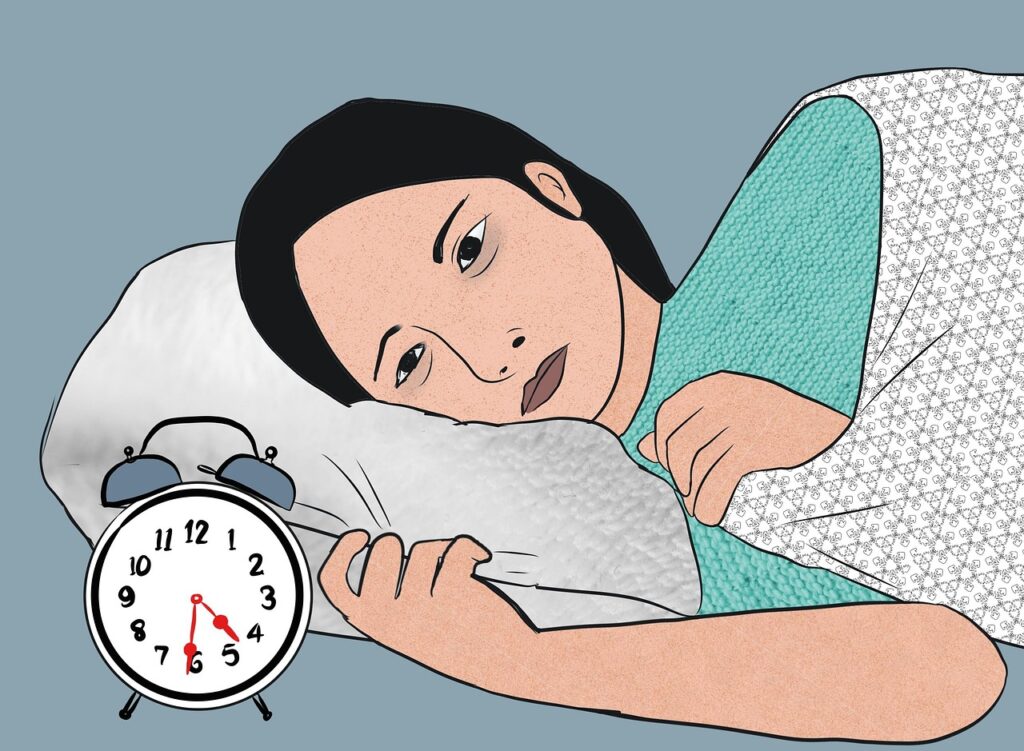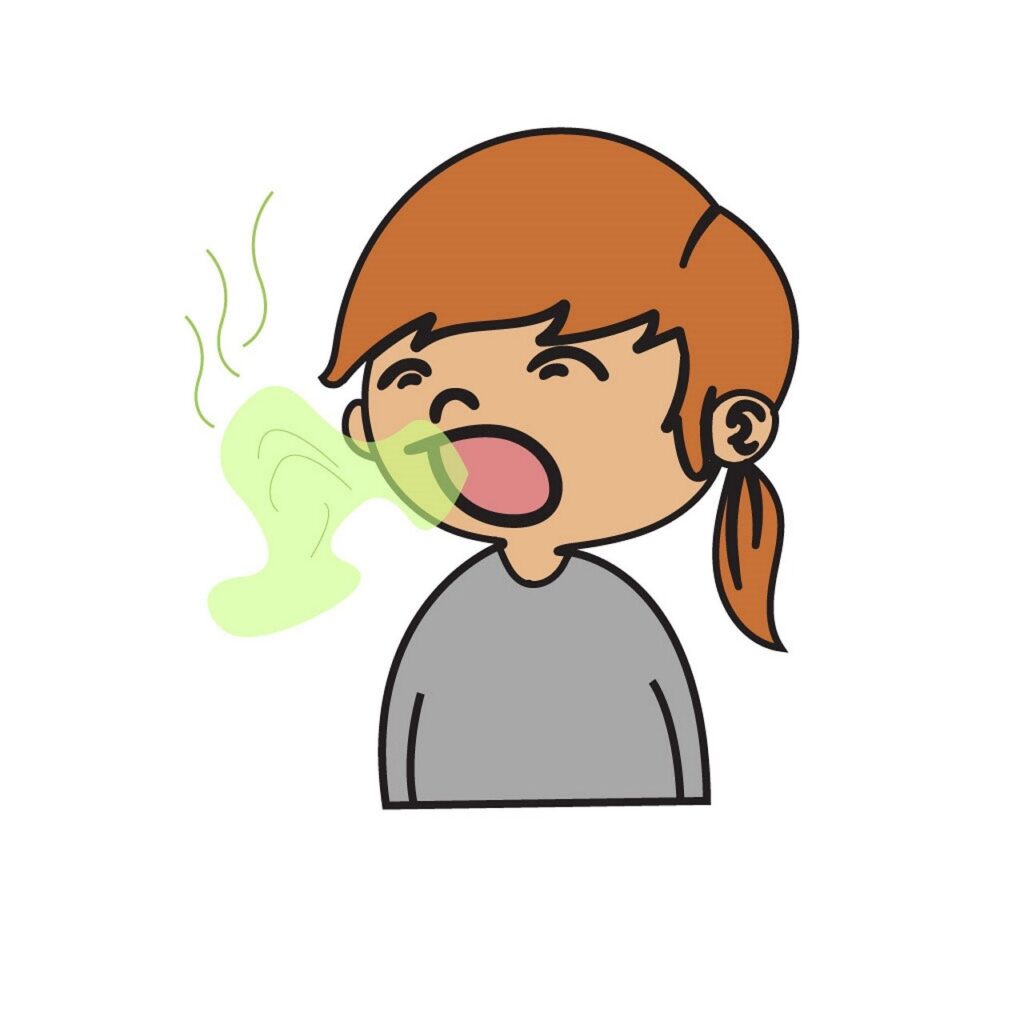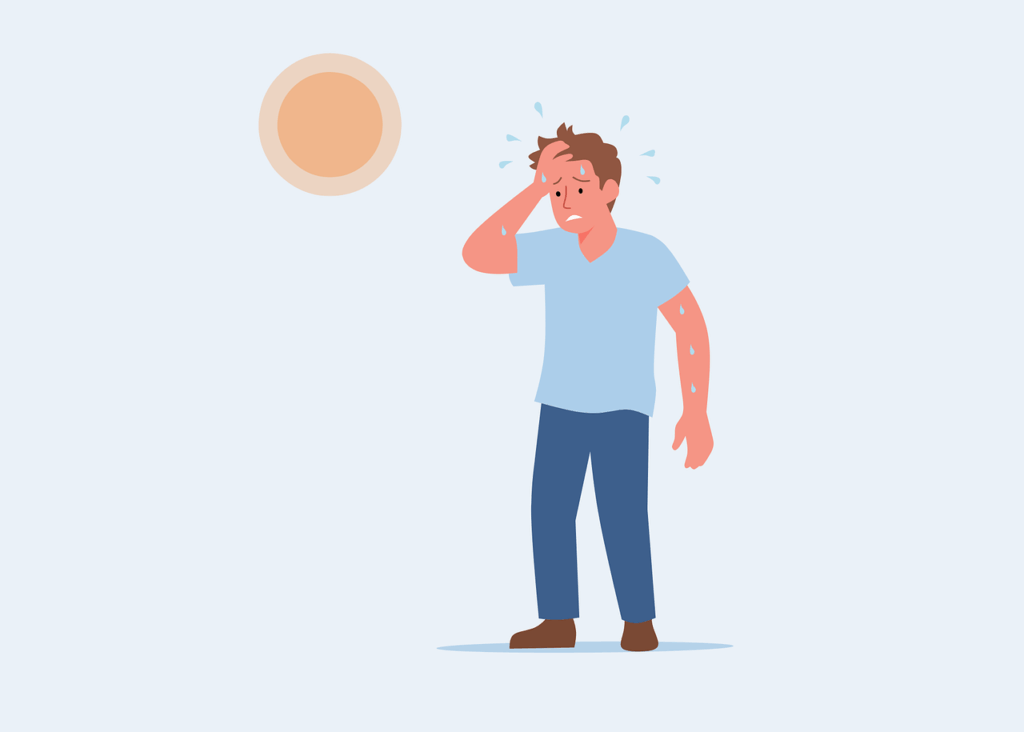
Intermittent fasting (IF) has absolutely exploded in popularity, and for good reason! It’s not just another fad diet; it’s an eating pattern based on time limits that many people are embracing for impressive health benefits. From helping with weight loss to improving blood sugar, cholesterol, and blood pressure, plus reducing chronic inflammation, the buzz around IF is undeniable. It’s about more than just *what* you eat; it’s about *when* you eat, pushing your body’s cells to focus on repair and energy use, and helping balance body-wide functions.
However, like any significant change to your routine, especially one involving your body’s fundamental energy source, intermittent fasting isn’t always a perfectly smooth ride for everyone. While the potential benefits are exciting, it’s super important to be aware of the bumps in the road that some people experience, especially when they’re just starting out. Understanding these potential side effects isn’t meant to scare you off, but rather to empower you with the knowledge you need to navigate your IF journey successfully and comfortably.
Think of your body as having two distinct energy factories: one that runs on sugar and another that runs on fat. For many of us, our sugar-fueling factory has been working overtime for years, even decades, while the fat-fueling factory has been largely dormant. When you suddenly switch to intermittent fasting, you’re essentially forcing your body to transition from relying on sugar to burning stored fat for fuel. This means waking up that fat-burning factory and slowing down the sugar-burning one. While this transition isn’t always flawless and can present challenges, most side effects are temporary and manageable with the right strategies. Let’s dive into what you need to know.

1. **Headaches, Dizziness, Lightheadedness, Mental Fog, and Lethargy**Starting an intermittent fasting regimen often brings with it an unwelcome trio of symptoms: headaches, a feeling of lightheadedness or dizziness, and a noticeable mental fog, along with general lethargy. These are some of the most common complaints, especially during the initial days as your body adapts. There are very real physiological reasons why you might feel this way, and understanding them is the first step towards managing them effectively.
One major culprit behind these symptoms is often a drop in sodium levels. When you begin fasting, your insulin levels decrease significantly. This drop in insulin signals your kidneys to release excess water, because insulin normally increases water retention. So, many people notice increased urination when they first start fasting.
As your body sheds this excess water, you also lose valuable sodium through your urine. Combine this with the fact that you’re eating less food, and therefore consuming fewer electrolytes like sodium, potassium, and magnesium, and it’s easy to see how your body’s tightly regulated electrolyte balance can be thrown off. This sudden change can lead to that feeling of being ofilter.
Another contributing factor can be low blood sugar levels, particularly if you’re used to a high-carb diet. Your body is accustomed to a constant supply of glucose, and when that supply is interrupted, it can take some time to efficiently switch to burning fat for energy. Additionally, if you’re a regular coffee or tea drinker and you cut back on caffeine during your fasting window, caffeine withdrawal can certainly exacerbate headaches and feelings of fatigue. The good news is that for most people, these initial discomforts usually subside within a few weeks as the body becomes more adept at utilizing fat for fuel.
So, what can you do to combat these uncomfortable sensations? The solutions often revolve around addressing those electrolyte imbalances. A simple yet effective strategy is to add a pinch of natural salt, such as Himalayan or Celtic salt, under your tongue or in a glass of water a few times throughout the day. Drinking bone broth or non-starchy vegetable broth is another excellent way to replenish electrolytes. Even a serving of sugar-free pickle juice can work wonders! Experts suggest taking a pinch of salt or sipping broth every three hours, even if you feel fine, to prevent reaching “the point of no return.” For some, incorporating a quality electrolyte supplement can provide consistent support. By staying on top of your electrolyte game, you can significantly smooth out this transitional phase.

2. **Increased Hunger and Cravings**It’s probably no shocker that one of the most common intermittent fasting side effects is, well, hunger! And not just a gentle rumble, but sometimes intense cravings that can make sticking to your fasting window feel like an uphill battle. This is a very real experience for many, especially in the early days, and it stems from a couple of key factors related to how our bodies are used to getting energy.
One major reason for those persistent hunger pangs and powerful cravings is often what’s called “carb addiction.” Many of us are coming from a standard diet filled with three high-carb meals a day, plus sugary snacks in between. Our bodies get accustomed to this constant influx of sugar, and when you cut off that pipeline even for part of the day, your system can react with withdrawal-like symptoms, manifesting as intense cravings. Your brain and body are literally programmed to seek out that quick energy source, and it takes time to rewire that connection.
Another significant contributor to hunger is simply not consuming enough calories during your eating windows. It’s a common misconception that intermittent fasting is solely about calorie restriction. While some weight loss comes from naturally eating less during a shorter window, the core idea is about timing your meals. If you’re drastically cutting calories *and* restricting your eating window, your body will naturally signal hunger to prompt you to eat more. Fasting/feasting isn’t about starving; it’s about giving your body time to rest and regenerate between *fulfilling* meals.
The best solution to conquer hunger and cravings is multi-pronged. First, and perhaps most importantly, simply sticking with it can make a huge difference. Studies show that these intense hunger symptoms are most prevalent during the first few days as your body figures out its new metabolic rhythm. Patience and consistency are key! The more your body adjusts to using its fat stores, the less dependent it will be on external food for immediate energy.
Secondly, and perhaps most effectively, combining intermittent fasting with a high-fat, low-carb diet can be a game-changer. High-fat, nutrient-dense foods are incredibly satiating, meaning they keep you feeling fuller for much longer. They also provide the essential building blocks – fatty acids – that your body needs to produce ketones, which are a more stable energy source. By cutting carbs and feasting on quality fats like those found in ribeye steak, butter, and eggs, you help reset your metabolism. Remember, the goal isn’t to starve, but to nourish your body profoundly during your eating windows.
Read more about: Unlock Your Best Self: Essential Health and Fitness Pillars for Your 40s

3. **Diarrhea**While it might seem counterintuitive when you’re eating less, diarrhea can actually be one of the unpleasant and problematic side effects that people new to intermittent fasting experience. This is particularly true if you’re transitioning from a diet rich in carbohydrates straight into a fasting protocol. It’s a symptom that can cause significant discomfort and can sometimes lead to additional complications if not managed properly.
The occurrence of diarrhea during fasting is often linked to the dramatic drop in insulin levels. When insulin levels fall as you begin fasting, it signals your kidneys to excrete excess water, a process known as diuresis. This increased fluid expulsion, combined with changes in gut motility and microbiota, can manifest as looser, more frequent bowel movements. Your body is essentially flushing out excess water, and your digestive system might take a moment to adjust to the new internal environment and lack of constant food intake.
Furthermore, if you are also making significant dietary changes, such as adopting a low-carb or ketogenic diet alongside fasting, your digestive system might need time to catch up. The change in the type and quantity of food being processed, as well as the adaptation of your digestive enzymes, can contribute to temporary digestive upset, including diarrhea. It’s important to remember that the gut microbiome also reacts to shifts in diet, and this adaptation period can sometimes result in digestive distress.
To address fasting-induced diarrhea, there are several practical solutions you can try. One popular method is to take 1 tablespoon of psyllium husk stirred into at least 1 cup of water. Allow it to sit for 5-10 minutes to thicken before drinking it, ideally first thing in the morning. Psyllium husk is a soluble fiber that can help add bulk to stool and regulate bowel movements. It’s absolutely crucial to drink plenty of fluids when taking psyllium husk to ensure it works effectively and prevents further issues.
An important expert tip to remember is that just like with urination, your body can lose electrolytes through bowel movements, especially if they are watery. If you’re experiencing diarrhea, you might be losing significant amounts of sodium and potassium. To counter this, make sure to drink an extra cup of broth or sugar-free pickle juice on the days you experience this side effect. Adding an extra pinch or two of salt to your water can also help replenish those vital electrolytes, which is key to preventing symptoms of low sodium or potassium that could lead to other issues like headaches or dizziness.
Read more about: Navigating Fintepla: A Deep Dive into Seizure Treatment, Safety Protocols, and Patient Care
4. **Constipation**On the flip side of digestive issues, some individuals find themselves dealing with constipation when they embark on an intermittent fasting journey. It’s a common experience, especially when your body is adjusting to a new eating pattern and less frequent food intake. While it might seem odd to experience constipation when you’re consuming less, there are logical reasons behind this shift in bowel habits.
The most straightforward reason is simply a reduced intake of food. When you’re not eating, there’s naturally less bulk moving through your digestive system. Many of us are accustomed to having one or more bowel movements a day, and when that pattern changes, it can feel “weird” or “wrong.” However, if you are feeling uncomfortable, it’s a clear signal to troubleshoot and take action.
Beyond the lack of bulk, dehydration can significantly contribute to constipation. As we discussed, fasting often leads to increased water and electrolyte loss through urination. If you’re not consciously increasing your fluid intake to compensate, your body can become dehydrated, which in turn leads to drier, harder stools that are more difficult to pass. Some people also have naturally slower digestive tracts, and the constant input of food usually helps keep things moving. When this input is removed during fasting, the system can slow down further.
Fortunately, there are several effective strategies to alleviate constipation while fasting. The first and most crucial step is to drastically increase your water intake. Drink more water, especially when you feel thirsty, to ensure your body remains well-hydrated. This helps keep your colon hydrated, making stool softer and easier to pass.
Another highly recommended solution is to take magnesium citrate. This supplement is known for its ability to draw water into the colon, which helps hydrate the bowel content and stimulate bowel movements. Increasing your physical activity can also be beneficial; exercise can help stimulate gut motility and encourage regular bowel movements. As an expert tip, if all else fails and you’re still uncomfortable, you can try adding a couple of teaspoons of coconut oil or MCT oil to your tea or coffee in the morning. While this technically might not be a “perfect” fast for some purists, it’s a highly effective way to get things moving again and can provide much-needed relief during a transitional period.
Read more about: Navigating the Final Hours: Key Symptoms and Changes to Expect 24-48 Hours Before Death

5. **Mood Swings and Irritability**One of the more challenging side effects of transitioning to intermittent fasting can be the emergence of mood swings and an undeniable sense of irritability. If you find yourself feeling unexpectedly short-tempered, anxious, or just plain grumpy, you’re definitely not alone. This is a common experience, particularly in the initial phases, and it’s closely tied to some significant physiological shifts happening within your body.
The primary culprit behind these emotional fluctuations is often the dramatic reduction in carbohydrate intake and the resulting low blood sugar levels. When your body is used to a constant supply of glucose from carbs and that supply is suddenly cut off, it can trigger withdrawal-like symptoms. These symptoms can manifest not just physically, but also emotionally, leading to feelings of irritability, anxiety, and even difficulty concentrating. Your brain, accustomed to its steady sugar fuel, is protesting the change as it tries to adapt to burning fat for energy.
Another factor at play can be the production of counter-regulatory hormones, particularly adrenaline, which is released when we start fasting. While adrenaline is generally a good thing, boosting our metabolic rate and making us feel energized, it can sometimes produce an unwanted side effect of making us feel too energetic or jittery at times when we’d rather be calm, like before bed. For those who already suffer from anxiety, this increase in adrenaline can unfortunately amplify existing feelings of unease, making the jitters worse than usual and leading to heightened worry. The good news is that with consistent fasting, your body typically adapts, and these adrenaline-induced jitters tend to subside.
So, how do you navigate these choppy emotional waters? Again, consistency is key, as your body learns to adapt. But proactively, consuming more satiating, high-fat foods during your eating window is incredibly helpful. If you’re truly satiated, you’re less likely to experience intense hunger, which directly correlates with less irritability. Remember, intermittent fasting isn’t about starving yourself; it’s about strategic eating. Ensuring your meals are rich in nourishing fats helps stabilize your energy and mood, preventing those sugar-crash-induced mood swings.
Beyond diet, adopting stress-reducing practices can make a world of difference. Simple breathing techniques for anxiety, mindfulness meditation, gratitude practices, yoga nidra for full body relaxation, or even bedtime yoga can help calm your nervous system. Studies even suggest that eating more meat can reduce anxiety and support mental health, reinforcing the importance of nutrient-dense foods. By nourishing your body and mind, you can help smooth out the emotional rollercoaster of early fasting.
Read more about: Reclaiming Your Attention: A Practical Guide to Breaking Free from the Endless Scroll of Social Media

6. **Fatigue**Feeling tired or exceptionally weak is another common hurdle many encounter when they first venture into intermittent fasting. This fatigue isn’t just a slight dip in energy; for some, it can feel like a profound lack of vitality that makes daily tasks feel much harder. It’s a natural response as your body undergoes a significant metabolic transition, but understanding its causes can help you power through it.
The primary reason for this early-stage fatigue is often related to low blood sugar levels. If you’re accustomed to a consistent intake of carbohydrates, your body is optimized to burn glucose for energy. When you introduce fasting, that readily available glucose supply diminishes, and your body needs time to become efficient at burning fat for fuel. During this transition period, before your fat-burning factory is fully up and running, you might experience a temporary energy deficit, leading to that heavy, fatigued feeling.
Furthermore, studies indicate that fatigue can also stem from not consuming enough calories during your eating windows, or from not consuming enough quality, high-fat foods. If your non-fasting meals are still high in carbs and low in nutrient-dense fats, you’re not giving your body the stable, long-lasting energy it needs. A diet that quickly spikes and then crashes blood sugar will exacerbate fatigue, rather than alleviate it. Sleep disturbances, which can sometimes accompany early fasting, will also compound feelings of tiredness throughout the day.
The most effective way to overcome fasting-related fatigue is to stick with your intermittent fasting program consistently, allowing your body the necessary time to adapt. As your body enters ketosis and becomes adept at burning fat for fuel, many people report a significant increase in steady, sustained mental and physical energy. Crucially, boosting your intake of high-fat, nutrient-dense foods during your eating periods is paramount. These provide sustained energy and satiety, preventing the energy crashes associated with high-carb diets. Studies confirm that with consistent adherence to IF and a shift towards a high-fat diet, fatigue often diminishes, paving the way for enhanced mental clarity and energy.
Read more about: You’re Probably Overloaded: 6 Ways We Experience This Everywhere (And What It Means)

7. **Insomnia and Anxiousness (Poor Sleep)**While some people report improved sleep quality with intermittent fasting in the long run, it’s not uncommon for early fasters to experience the opposite: trouble falling or staying asleep, and increased feelings of anxiousness, especially as bedtime approaches. This can be one of the most frustrating side effects, as poor sleep can then exacerbate other issues like fatigue and irritability, creating a challenging cycle.
One of the main physiological drivers behind sleep disturbances and anxiousness in early fasting is the production of counter-regulatory hormones, particularly adrenaline. When your body senses a prolonged period without food, it can release adrenaline to mobilize energy stores and keep you alert. While this can be beneficial during the day for energy, it’s less ideal when you’re trying to wind down for sleep. That “jittery” feeling, often described as having had too much coffee, can make it very difficult to relax and fall into a restful sleep.
The mixed findings in studies regarding IF and sleep can be perplexing, but if you’re experiencing trouble sleeping, it’s often tied back to some familiar culprits: sugar cravings, hunger pangs, and dehydration. Persistent hunger signals from your body can keep your mind active, making it hard to drift off. Dehydration and electrolyte imbalances can also impact nervous system function, contributing to feelings of restlessness and anxiety that disrupt sleep architecture. Your body is trying to figure out its new rhythm, and this process can sometimes interfere with the delicate balance required for good sleep.
To tackle insomnia and anxiousness while fasting, a multi-faceted approach is usually best. Firstly, ensure you’re addressing the foundational issues: drink more water throughout the day, liberally salt your food to maintain electrolyte balance, and boost your nutrients with superfoods during your eating windows. Scaling back on the intensity of your fast, such as opting for a 24-hour fast instead of a 36-hour fast initially, can also give your body more time to adapt gradually without overwhelming your system.
Beyond nutritional strategies, practicing proper bedtime etiquette is crucial. This includes turning off electronics at least 90 minutes before bed, creating a dark, cool, and quiet sleep environment, and perhaps wearing blue light blocking glasses in the evening. Incorporating relaxing practices like Epsom salt baths (magnesium is excellent for relaxation), lathering yourself in magnesium oil or gel, or taking magnesium bis-glycinate or malate 4-6 hours before bed can also promote relaxation. If increasing fast duration, choose a less stressful time in your life to allow for a few days of potential tiredness as your body adjusts. Your sleep will thank you for it!
Navigating the world of intermittent fasting can truly unlock incredible health benefits, but understanding all the potential speed bumps is key to a smooth journey. While we’ve covered the initial hurdles, there are a few more important considerations and challenges that some people might encounter. Let’s dive deeper into these additional insights so you’re fully equipped to handle whatever comes your way on your path to better health!

8. **Bad Breath**It’s totally normal to wake up to some serious ‘morning breath’ when you’re rocking your intermittent fasting journey! This particular side effect, often affectionately dubbed ‘keto breath’ or ‘nail polish breath,’ is actually a pretty cool sign that your body is making a significant metabolic shift. It happens because, as you start burning fat for fuel, a byproduct called acetone gets released into your blood, and yes, you can sometimes smell it on your breath.
Acetone, one of the ketones your body produces during fat metabolism, gives your breath that distinct smell. In fact, if you’re smelling it, it’s usually one of the very first signs that you’ve successfully entered ketosis – meaning your body is becoming a fat-burning machine! Beyond the acetone, a reduction in salivary flow because you’re not eating, coupled with potential dehydration, can also contribute to this less-than-fresh feeling.
We’ve heard stories of spouses bravely (or not so bravely!) asking their partners to sleep in the guest room due to unbearable morning breath. But don’t you worry, this consequence of losing weight and burning fat is generally a temporary phase! As your body adapts and becomes more efficient at using ketones for energy, and as your fat loss starts to slow down, your breath is likely to improve significantly. Your tongue will go back to being pink, and you’ll be welcomed back into the marital bed with open arms!
So, what’s a fasting pro to do about this temporary dragon breath? The solutions are thankfully simple and effective. You can try oil pulling with coconut oil a couple of times a week to boost oral hygiene. Brushing your teeth more frequently throughout the day and using a tongue scraper can also make a huge difference. And, as with so many fasting challenges, remember that drinking more water is your secret weapon for keeping that breath fresh and fighting off any dehydration that might worsen the issue. A little patience goes a long way here!
Read more about: Discover Your Happiest Self: Over 24 Transformative Habits and Profound Insights for a Joyful Life

9. **Acid Reflux**Dealing with acid reflux while fasting can be a perplexing experience for some, and interestingly, medical experts aren’t entirely sure why it occurs. However, clinical experience suggests that this side effect is most common in people who already have a long-standing history of reflux issues. It’s quite rare for someone to experience acid reflux for the very first time when they’re just starting intermittent fasting.
The good news is that if you do suffer from reflux, there’s a strong chance it could actually improve or even disappear completely once your body has fully adapted to the fasting protocol. This is especially true if you’re also pairing your fasting with a low-carb diet. It’s often a situation where things might seem to get a little worse before they get much, much better, offering a real light at the end of the tunnel!
For those with a history of reflux, it’s wise to take some proactive preventive measures to ensure your symptoms don’t flare up or get worse during the initial fasting period. Being prepared and having a few tricks up your sleeve can make all the difference in making your fasting journey a comfortable one.
To help manage or prevent acid reflux, try adding 1 to 3 tablespoons of fresh lemon juice to your water throughout the day. Alternatively, you can use 1 to 3 tablespoons of raw, unfiltered apple cider vinegar in your water. It’s also advised to avoid broth and pickle juice if you’re experiencing reflux symptoms, as these might exacerbate the issue. As an expert tip, steer clear of spearmint or peppermint teas, which can sometimes worsen symptoms, and instead, opt for licorice tea, which may actually help to prevent reflux.
Read more about: Unveiling the Hidden Saboteurs: 12 Foods and Drinks Secretly Wrecking Your Sleep Quality

10. **Gout**Just like acid reflux, the precise reasons why some individuals might develop gout while fasting aren’t fully understood. What’s clear from clinical observations is that it’s quite uncommon for someone to experience a gout attack triggered by fasting if they don’t already have a history of the condition. In fact, one expert noted fewer than three cases in nearly a decade where an individual without a prior history of gout developed it from intermittent fasting, showing it’s a rare occurrence.
For most people, gout is simply not a concern when starting intermittent fasting. However, if you are one of the few who has experienced it before, or have a family history, it’s something to be mindful of. The aim is always to help your body adapt smoothly to its new metabolic rhythm without any unwelcome surprises.
If you have a history of gout, or are concerned about it, a smart approach is to start your fasting journey slowly. Don’t jump straight into prolonged fasts; instead, stick to intermittent fasting durations like 24, 36, or 42 hours, no more than three times a week initially. This gradual introduction allows your body more time to adjust, which can be immensely helpful in preventing symptoms.
To further assist your body, you can add 1 to 3 tablespoons of lime juice to your water. Another helpful measure is taking cherry root extract, which conveniently won’t disrupt your fast. An expert tip for those with a history of gout is to transition very gradually from three meals a day to two, then to one, over the course of one to two months. If you start feeling gout pains, simply scale back your fasting duration. Remember, these remedies work best when used together to provide comprehensive support.
Read more about: Seriously, Remember These? A Deep Dive into the Discontinued Childhood Snacks That Left Us Heartbroken

11. **Dehydration**When you first embark on intermittent fasting, one of the most common and often overlooked side effects is dehydration. As your body transitions, it goes through a process called diuresis, where it flushes out significant amounts of water and electrolytes through increased urination. This is a completely normal physiological response, but it demands your attention to maintain your hydration levels.
Beyond the natural diuresis, many people simply forget to drink enough water when they’re fasting. We often associate drinking with meals, and when those meals are reduced or timed, the natural cues to hydrate can diminish. It’s an easy oversight to make, especially when you’re just starting your intermittent fasting regimen and your routine is shifting.
This initial phase of fasting, sometimes referred to as ‘natriuresis of fasting,’ involves your body expelling large quantities of water and salt. If you don’t actively and immediately replace these lost fluids and electrolytes, you can quickly find yourself becoming dehydrated. It’s a critical balance that needs proactive management to avoid feeling unwell.
So, what’s the game plan for staying perfectly hydrated? The solution is straightforward: drink plenty of water throughout your fasting periods, not just during your eating windows. Make sure to liberally salt your foods during your feasting periods to replenish electrolytes. If you’re really struggling to stay hydrated, incorporating an electrolyte supplement can be a powerful aid. Additionally, a simple and effective tip is to regularly monitor the color of your urine; a pale yellow color is your green light, while a dark color signals that you need to drink more water, pronto!
Read more about: Beyond the Game: The Crucial Beverages Tom Brady Cut to Achieve Unprecedented Longevity

12. **Malnutrition**It’s a misconception that intermittent fasting means starving your body, but it’s true that a poorly formulated intermittent fasting diet can lead to malnutrition. If your eating windows are filled with high-carb or processed foods, or if you engage in longer-term fasting protocols without properly replenishing your nutrients during your feasting periods, your body simply won’t get what it needs to thrive.
It’s absolutely crucial to remember that intermittent fasting is not about cutting calories, fat, or food in general. Instead, its true power lies in strategically timing your eating to optimize your metabolic health. The goal is to provide your body with all the essential nutrients it requires, just within a specific timeframe, allowing for periods of rest and repair.
Extreme calorie restriction is not only unhealthy but also unsustainable in the long term. If you drastically cut calories alongside restricting your eating window, you’ll likely end up feeling deprived, which makes you far more prone to breaking your fast and potentially overeating to compensate for the nutrient deficit. This kind of yo-yo dieting can actually damage your body rather than help it.
To truly unlock the benefits of intermittent fasting and avoid any risk of malnutrition, focus on consuming nutrient-dense, high-fat whole foods. It’s essential to cut out processed foods and consciously formulate your meals during your eating windows to meet all your body’s nutritional goals. This strategic approach ensures you’re nourishing your body profoundly.
When you’re planning your meals during intermittent fasting, center them around foods that deliver a powerful nutritional punch. Think delicious red meat (especially grass-fed and pasture-raised when possible), nutrient-rich organ meats, eggs, and healthy fats like butter and tallow. Low-carb yogurt and bone broth are also fantastic additions. Don’t forget about superfoods like oysters, salmon roe, fatty fish, and other seafood. You can also supplement your diet with small quantities of low-carb fruits, such as berries, and properly prepared low-toxin, low-carb vegetables.
Read more about: 12 Hollywood Stars Who Completely Lost Themselves (And Their Looks!) For Groundbreaking Roles

13. **Who Should Avoid Intermittent Fasting**While intermittent fasting offers a treasure trove of health benefits and is perfectly safe for many people, it’s not a one-size-fits-all solution. Just like any significant lifestyle change, it’s incredibly important to recognize that it might not be the healthiest or most appropriate pattern for everyone.
There are specific groups for whom intermittent fasting may pose greater risks or simply not be suitable. This includes individuals who have an eating disorder, as fasting could exacerbate their condition. It’s also strongly advised against for those who are pregnant or breastfeeding, as their bodies have unique and increased nutritional demands to support themselves and a growing baby.
Furthermore, people who are at a high risk of bone loss and falls, or those who consistently have trouble gaining and maintaining a healthy body weight, should also approach intermittent fasting with extreme caution, or avoid it altogether. If, despite implementing all the suggested solutions, you find that your side effects persist for more than a few weeks and significantly impact your well-being, intermittent fasting might not be the right path for you.
Ultimately, if you’re considering intermittent fasting, the most crucial step is to have an open and honest conversation with a healthcare professional. They can help you weigh the pros and cons, assess your individual health goals, and determine if this eating pattern aligns with your specific needs. Remember, there are many eating patterns out there, and some might work just as well, or even better, depending on what you’re trying to achieve.
Read more about: Beyond the Hype: Fitness Trainers Reveal the Secrets to Mark Wahlberg’s Redefined 2025 Workout Schedule
And there you have it! A comprehensive look at the fascinating, and sometimes challenging, world of intermittent fasting. It’s a journey of discovery for your body, a path to unlocking incredible metabolic benefits and a renewed sense of vitality. With this knowledge in hand, you’re not just ready to fast; you’re ready to feast on life with confidence and clarity. Embrace the process, listen to your body, and enjoy the incredible transformation that awaits! Happy fasting, happy feasting, and here’s to a healthier, more vibrant you!



